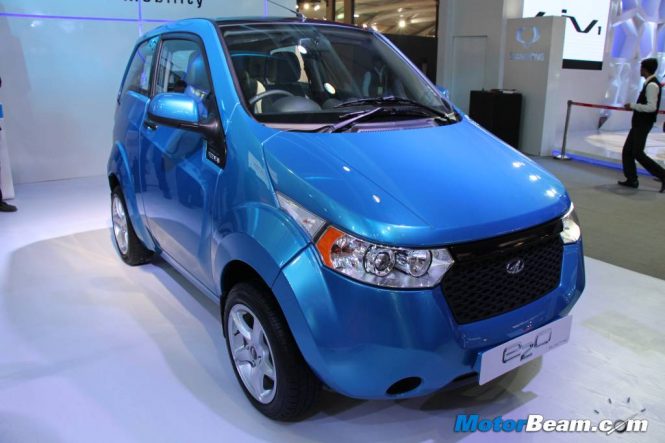Maruti, Tata Motors and Mahindra are forming an alliance to share their technical knowledge on electric vehicles with each other.
There is a lot of pollution happening these days, agree? Everyone is chalking out their own policies to deal with the pollution, just like the Supreme Court which banned sales of diesel vehicles having engine capacities of more than 2000cc in Delhi. Most of us know that electric vehicles are the need of the day and while quite a few foreign automakers have started investing huge amounts of money in developing EVs, we are still a bit behind them.
Things might just change soon though. Top Indian automakers like Maruti, Tata Motors and Mahindra are joining hands together to share their expertise in developing the mechanical components of electric vehicles. The three companies will work together on developing significant components like motors and transmissions.
The entire alliance is open-ended and technical and it requires a total investment of approximately Rs. 25 crores. Along with that, the government will also invest an equal amount under the FAME scheme that was introduced in 2015. Electric vehicles have three major components – motor, transmission and battery.
While these companies will share their technical knowledge on the hardware parts, the software that will be used to run the on-board computers will remain exclusive to each one of them. Batteries that are used in electric vehicles are usually imported from China and they are alone responsible for around 50% of the vehicle’s cost.
Another challenge for automakers is to make sure that the travel range and top speed of these vehicles is somewhat close to conventional cars. However, you just cannot deny the fact that EVs are also supremely cheap to run. A full charge on the REVA e2o, which costs Rs. 60/- will allow you to drive the car for 120 kms.
Another issue that we face is related to infrastructure. Currently, our infrastructure doesn’t allow us to use EVs efficiently. That is why hybrids make a bit more sense in the Indian market. Officials from Mahindra Reva also added that they have been witnessing a good growth in demand since the past few months, especially after the ban of high capacity diesel cars in Delhi (including the Bolero, Scorpio and XUV500).

